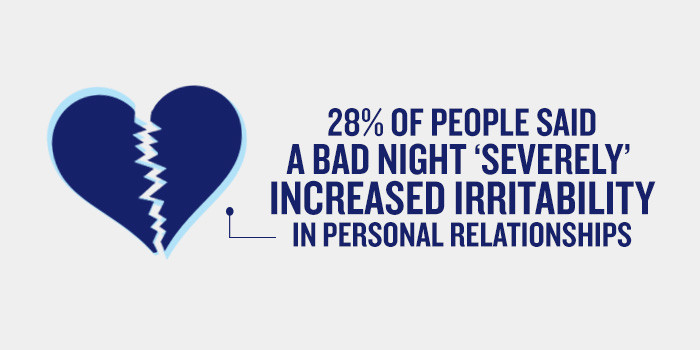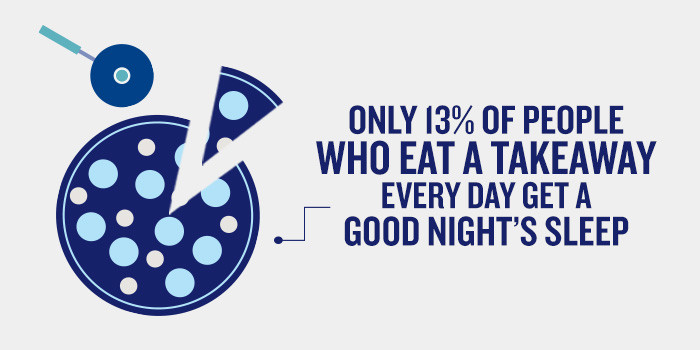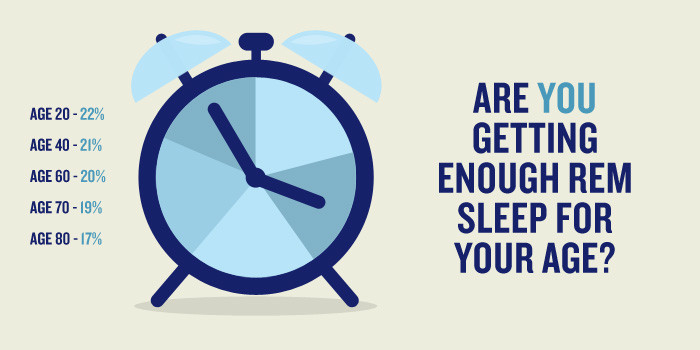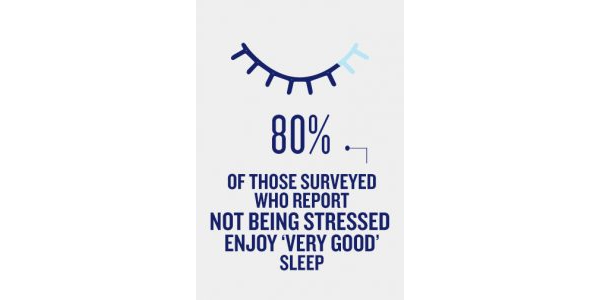FINDING A BEDTIME ROUTINE FOR GOOD SLEEP
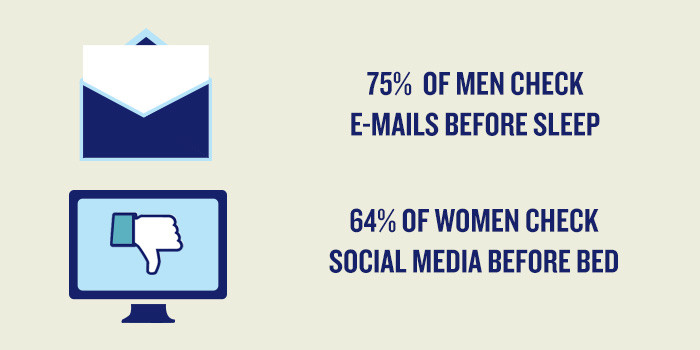
Most people don’t need surveys and research to tell them how much better they feel after a good night’s sleep. Getting good sleep can help you feel happier and more productive, allowing you to feel less stressed.
But, just as a good night’s sleep can make you feel good the following day, a bad night’s sleep can leave you feeling worse for wear. Not having enough sleep, or having poor quality sleep, can lead to feelings of frustration and irritation the next day, with an inability to cope with everyday situations.
The solution seems clear: get a good night’s sleep to enjoy a happier and more productive day. Unfortunately, understanding the importance of good sleep doesn’t guarantee a good night’s rest. In fact, our way of life can often lead to poor quality sleep, especially when we don’t have a decent bedtime routine.
BENEFITS OF A BEDTIME ROUTINE
While some people associate bedtime routines with children, having a routine at bedtime can help adults get a great night’s sleep as well. While the routine itself will change according to the sleeper, the benefits of having a bedtime routine can be invaluable.
Having a bedtime routine can help your mind and body prepare for sleep, helping you to calm down before getting into bed. It can also help to clear the mind of any stress, so that instead of lying in bed worrying or examining the day, these thoughts have already been dealt with.
A bedtime routine can also help you recognise and avoid activities which may be overstimulating. Your routine can allow you to relax while undertaking restful activities, putting in place a regular pattern that will condition your mind and body to recognise that it’s time for sleep.
PRE-BEDTIME HABITS AROUND THE WORLD
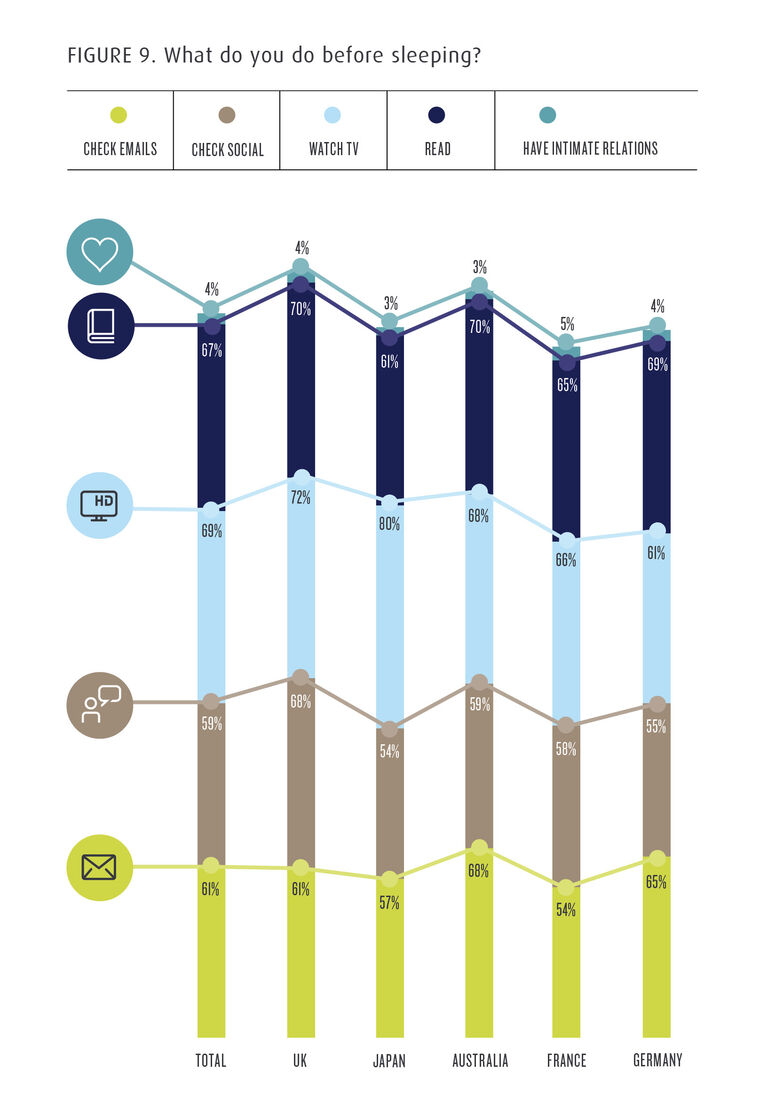
Analysing sleep habits and comparing data from respondents in the UK, France, Germany, Japan and Australia, TEMPUR’s inaugural sleep study* examined the quality of sleep enjoyed by participants, looking at various factors that could affect sleep.
When it comes to pre-bedtime activities, the study showed that Australians check their emails the most before bedtime, followed by Germans, Brits, the Japanese and the French. Watching TV is another popular pre-bedtime activity in the countries surveyed, as is checking social media.
However, it could be this inability to ‘switch off’ that leads some to a poor night’s sleep. Finding a bedtime routine that allows the mind and body to fully relax, getting away from screens and other types of stimulation, could indeed be beneficial.
HOW YOUR LIFESTYLE AFFECTS YOUR SLEEP
TEMPUR research** has shown that not only does sleep affect your life, your lifestyle also affects your sleep. Eating before bed, drinking alcohol before bedtime and having screen-time late at night may negatively affect the quality of sleep you enjoy.
When it comes to food choices, eating heavy meals, sugary snacks or spicy foods before sleep may not be the best idea. Fast food can also be a bad choice. The TEMPUR sleep study showed that 40% of participants who eat fast food less than once a week enjoy good sleep compared to 15.4% of those who eat it every day.
Caffeine is also best avoided late at night, so coffee, tea, caffeinated cold drinks and even green tea before bed is not recommended. Even those who drink water before bed may find it causes them trouble, as they have to get up through the night to use the bathroom.
While working out before bed may be too much overstimulation for some, exercise throughout the day can result in a better night’s sleep. The sleep study showed that nearly 70% of participants who exercise three times a week experience very good sleep compared to only 13.8% who exercise less than once a week.
EASY TIPS TO HELP YOU FALL ASLEEP
With so many lifestyle factors affecting the way we sleep, developing healthy sleep habits – or good sleeping hygiene – can be incredibly beneficial. If you want to learn how to relax before bed, or find out some things to help you sleep, take a look at this list and try adding them to your bedtime routine.
- Avoid Alcohol: Drinking alcohol may make you feel sleepy, sending you straight into a deep sleep, but as the alcohol wears off, you may suffer a restless night’s sleep.
- Avoid Heavy Meals: If your body is concentrating on digesting heavy meals or spicy foods, or processing sugary snacks or caffeinated drinks, you may not get the good night’s sleep you crave. If you are hungry at night, try eating healthy snacks before bedtime.
- Switch Off: Device screens emit blue light, which can suppress melatonin, the hormone that regulates your sleep/wake cycle. Apps such as f.lux and the new iOS update for Apple allow you to reduce blue light emissions on your device by switching to warmer screen tones, or alternatively, you could switch off your devices completely at least an hour before bed.
- Relax: Relaxation before bed may involve stretching before bed, listening to a meditation or relaxation podcast, or taking a warm bath or shower. It’s also worth considering your surrounds, making sure your bedroom is your sanctuary, instead of a cluttered, stressful space.
* The Science of Sleep by TEMPUR:
https://raconteur.uberflip.com/i/675669-tempur-science-of-sleep-2016/2
** The Science of Sleep by TEMPUR:
https://www.raconteur.net/healthcare/wellbeing-through-sleep
Feel it for yourself
Find a TEMPUR store or Stockist and try out our range of mattresses for yourself

SIGN UP FOR THE NEWSLETTERS!
By signing up, you agree to receive TEMPUR Australia’s products, services, news, reviews and promotions by emails. For more information on how we process your personal data, please refer to our Privacy Policy.
